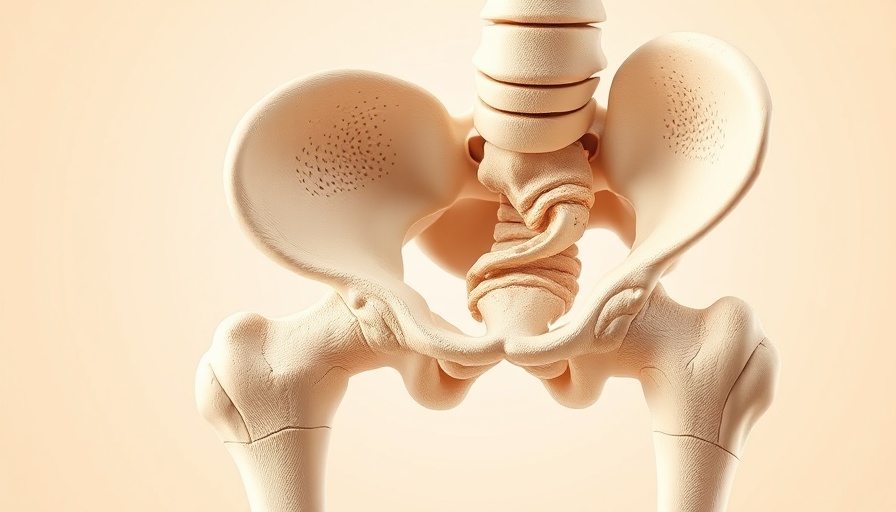
Understanding Osteoporosis and Its Risk Factors
Osteoporosis remains a significant health threat, particularly for women post-menopause, affecting over 200 million people globally. Characterized by reduced bone density and mass, osteoporosis elevates the risk of fractures, leading to serious health complications. One preventive strategy gaining attention is dietary intervention, specifically through the consumption of fermented milk products like yogurt and kefir.
Yogurt and Kefir: The Bone-Boosters?
Yogurt and kefir are sources of probiotics and calcium, two essential components believed to enhance bone health. Recent studies suggest that fermented dairy products (FDPs) like yogurt and kefir contribute positively to bone mineral density (BMD). A systematic review indicated that higher yogurt intake correlates with a reduced fracture risk, particularly in women, aligning with evidence from randomized controlled trials emphasizing the benefits of FDPs in maintaining skeletal health.
The Evidence Behind Fermented Milk
In a study examining yogurt and kefir, researchers conducted a meta-analysis that identified a significant protective association between yogurt consumption and the incidence of hip fractures in postmenopausal women. For instance, it was found that daily yogurt consumption could reduce hip fracture risks by nearly 29%, highlighting the critical role that calcium and probiotics in fermented products play in bone health. Kefir, with its slightly different fermentation process, also exhibits beneficial effects, promoting calcium absorption and reducing bone resorption markers.
How Probiotics Can Influence Bone Health
The probiotics found in yogurt and kefir may help regulate gut microbiota, which in turn can affect calcium absorption and bone metabolism. Bacteria such as Lactobacillus reuteri and Lactobacillus helveticus have been observed to enhance mineral absorption and reduce inflammatory markers associated with bone loss. The presence of postbiotic compounds in kefir might also modulate bone remodeling processes, potentially offering a dual benefit: agricultural and public health perspective on the role of fermented products in dietary guidelines.
Counterarguments and Diverse Perspectives
Despite encouraging evidence, some studies remain skeptical about the direct relationship between fermented products and improved bone health. Critics argue that results may vary based on dietary patterns and lifestyle factors impacting calcium intake. The reluctance of some experts to endorse yogurt and kefir as singular solutions for osteoporosis reflects the need for comprehensive dietary approaches, which include adequate protein, vitamin D, and exercise.
Future Insights: Probiotics vs. Conventional Treatments
As researchers delve deeper into the biochemistry of bone health, innovations in probiotic therapies offer promising alternatives or complements to conventional osteoporosis treatments. Future studies aim to establish clearer guidelines on the quantity and frequency of fermented dairy consumption needed to achieve optimal bone health benefits, while also considering individual variances in gut microbiome compositions.
Conclusion: The Path Forward for Bone Health
Yogurt and kefir present a compelling case for dietary interventions in osteoporosis prevention. However, further research is warranted to substantiate their effectiveness unequivocally. Including yogurt and kefir within a balanced diet, enriched with essential nutrients, may hold promise in combating osteoporosis and promoting healthy aging.
For those concerned about bone health, consider incorporating yogurt and kefir into your daily diet. The evidence suggests that probiotics along with calcium could provide a valuable supportive strategy in the battle against osteoporosis.
 Add Row
Add Row  Add
Add 




Write A Comment